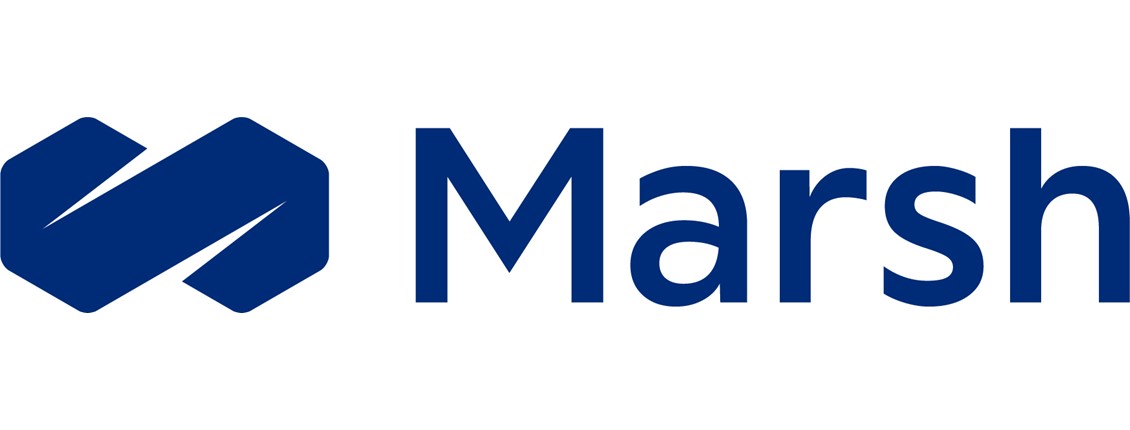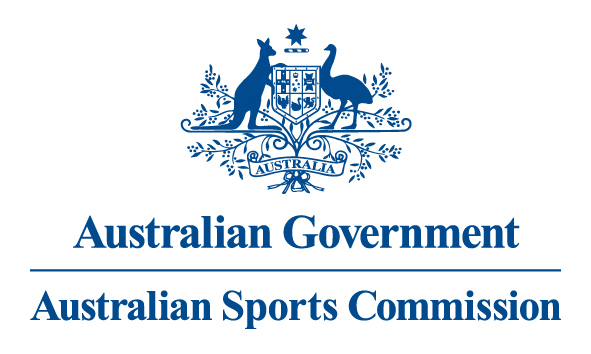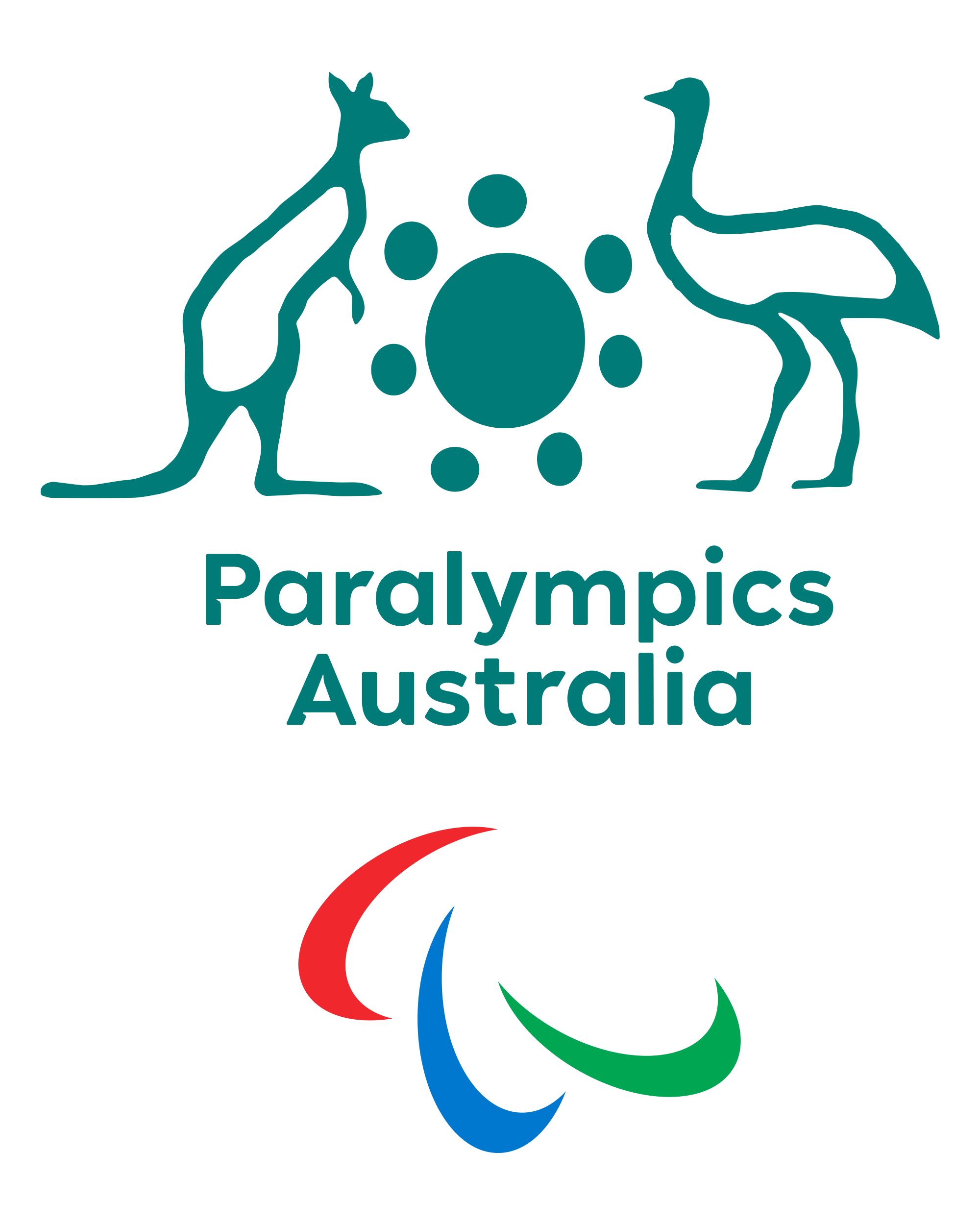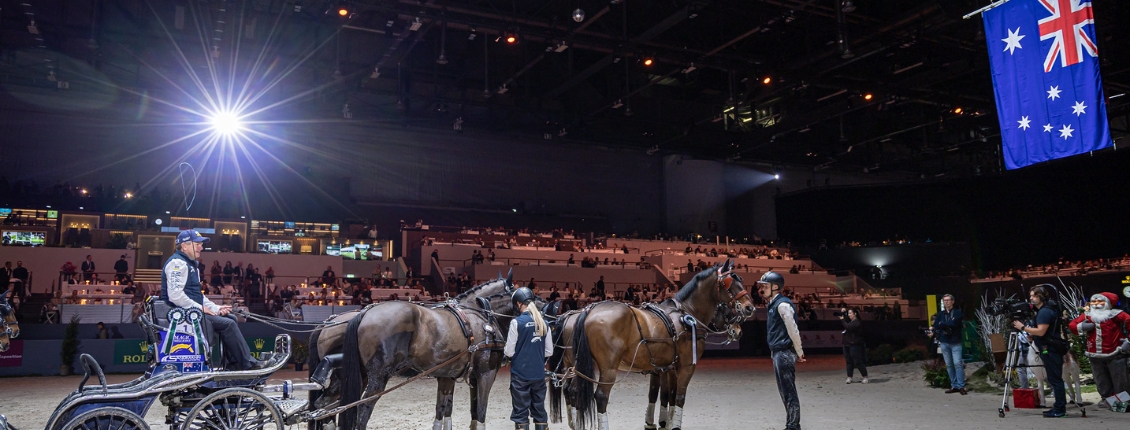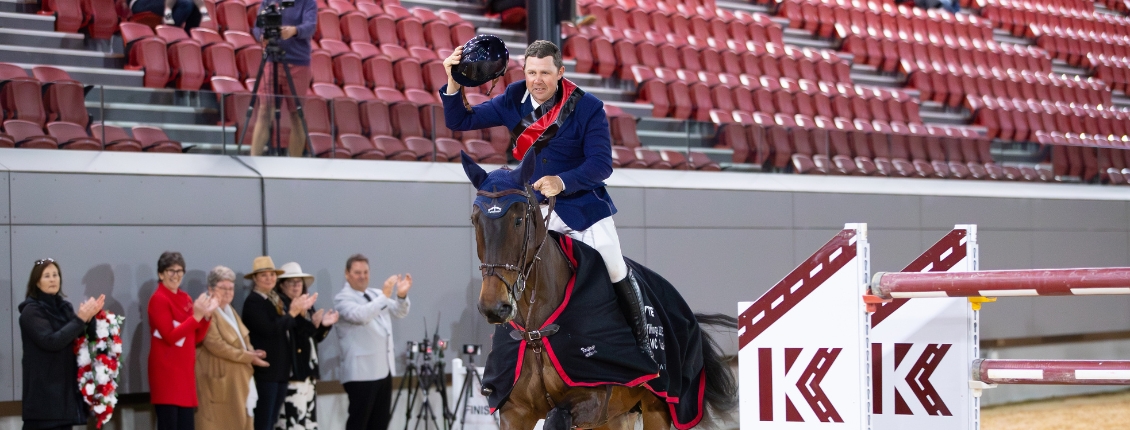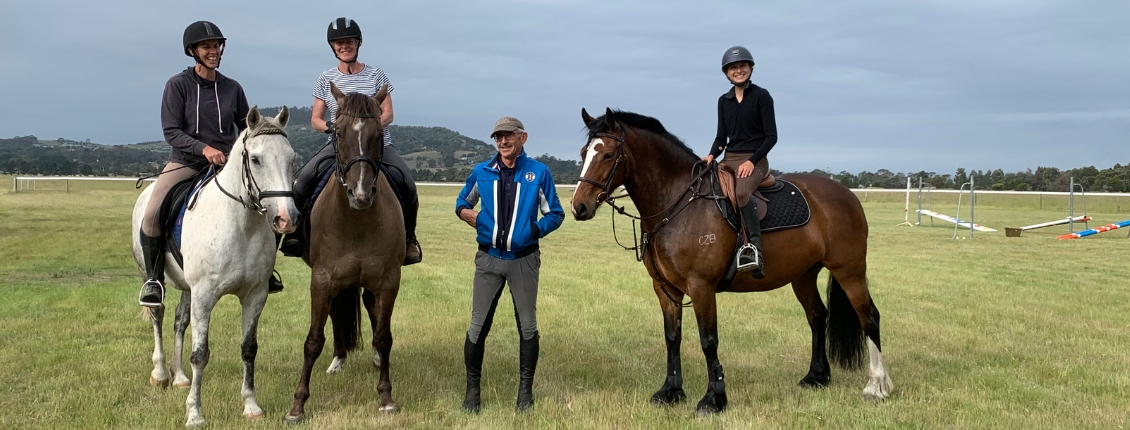
Coach of the Month - April 2025
Tasmania’s Tim Williams may be relatively new to the EA coaching scene, but his thoughtful, people-first approach has already made an impression. With a lifetime spent around horses, decades of experience in Pony Club, and now formal accreditation under his belt, Tim brings a unique blend of grassroots knowledge and newfound passion to his coaching.
His journey into official coaching wasn’t part of a long-term plan. “In the south of Tassie, we were short of accredited show jumping coaches,” Tim explains. “I really wanted to run days at our local jump club like we used to, some lessons in the morning, rounds in the afternoon. But we just didn’t have the coaches for it.”
What began as a way to support his community became something much more meaningful. “At first I thought, I’ll just help the club by becoming accredited. But since I started coaching, I’ve become far more passionate than I ever imagined. It’s given me a whole different perspective.”
Tim’s coaching is built on genuine connection with both horse and rider. His style has evolved significantly from the large-group Pony Club sessions of the past. “Back then, it was a lot of mass lessons, ten riders in a rally,” he says. “Now, working with smaller groups, I spend more time thinking about the individual. What’s this person’s learning style? How’s their horse responding? How do I adapt my communication so it works for them?”
He credits the experienced local coaches who supported him through accreditation with shaping that mindset. “They told me coaching becomes a fascination. At the time, I didn’t quite get it. But now? I do. You end up lying in bed at night thinking, ‘What can I do differently to help this person and this horse?’ It’s become a real passion.”
One of the core principles Tim builds into every session is confidence. “In Jumping, confidence is critical,” he says. “But the trick is to challenge riders just enough to help them feel like they’ve achieved something, without pushing them too far. That’s the fine balance.”
His own experience recovering from a serious fall has added depth to how he supports nervous riders. “A young horse dumped me and I broke my leg really badly. That was a long recovery and the real impact was on my confidence. It gave me a whole new understanding of fear. It’s not something you can just ‘think’ your way out of. It’s a feeling that lingers, no matter how logical you try to be. That experience changed the way I coach. I really try to meet riders where they’re at.”
For Tim, it’s the small wins that matter most. “To see someone improve, even just in their confidence—that’s incredibly satisfying. You don’t need them to win a championship. Just seeing them ride into a class they were too nervous for last month, and come out smiling, that’s what makes it worthwhile.”
He recalls a recent moment coaching a nervous rider. “She was about to do her first 90cm round. She was overthinking the first fence, giving herself too long on the approach. So we chatted about coming in on a circle instead. She went in and jumped clear. I don’t know if it was the advice or not—but just knowing I might have helped, that’s what makes coaching so rewarding.”
Tim values the strong local coaching community in Tasmania. “We’re still short on Jumping coaches, but we have some fantastic Eventing and Dressage coaches. I often have great discussions with people like Sue McDermott. There’s a lot of informal learning just by staying connected.”
Tim has a clear message for anyone considering a coaching pathway: “Don’t wait. Do it sooner. I wish I’d done it 30 or 40 years ago. Even if you never coach professionally, the process gives you a much deeper understanding of your own riding. It makes you think—really think—about how and why things work.”
As for the qualities of a great coach? Tim believes the best ones are authentic. “The coaches I admire most are the ones who are genuinely interested—whether they’re helping someone jump 1.30m or popping over 60cm. They care. And that shows.”
When asked about his favourite training exercise, Tim answered that his favourite training tool is the simple but powerful poles and grids. “I love a good four-to-five stride pole exercise, where you play with the number of strides. It’s great for rhythm and rider feel. And grids, especially ones that let you build in confidence without worrying too much about distances, are perfect for nervous riders. They come through and get that great feeling of success.”
When asked how his students might describe him, Tim offers with a smile, “Patient. Well, they probably need to be patient with me too—I’ve got a bit of industrial deafness! But really, I’d hope they’d say understanding. That’s what I try to bring to every lesson.”
From a self-described latecomer to someone who’s become deeply invested in the art of coaching, Tim Williams is proof that passion, empathy, and curiosity are the true cornerstones of effective teaching.

